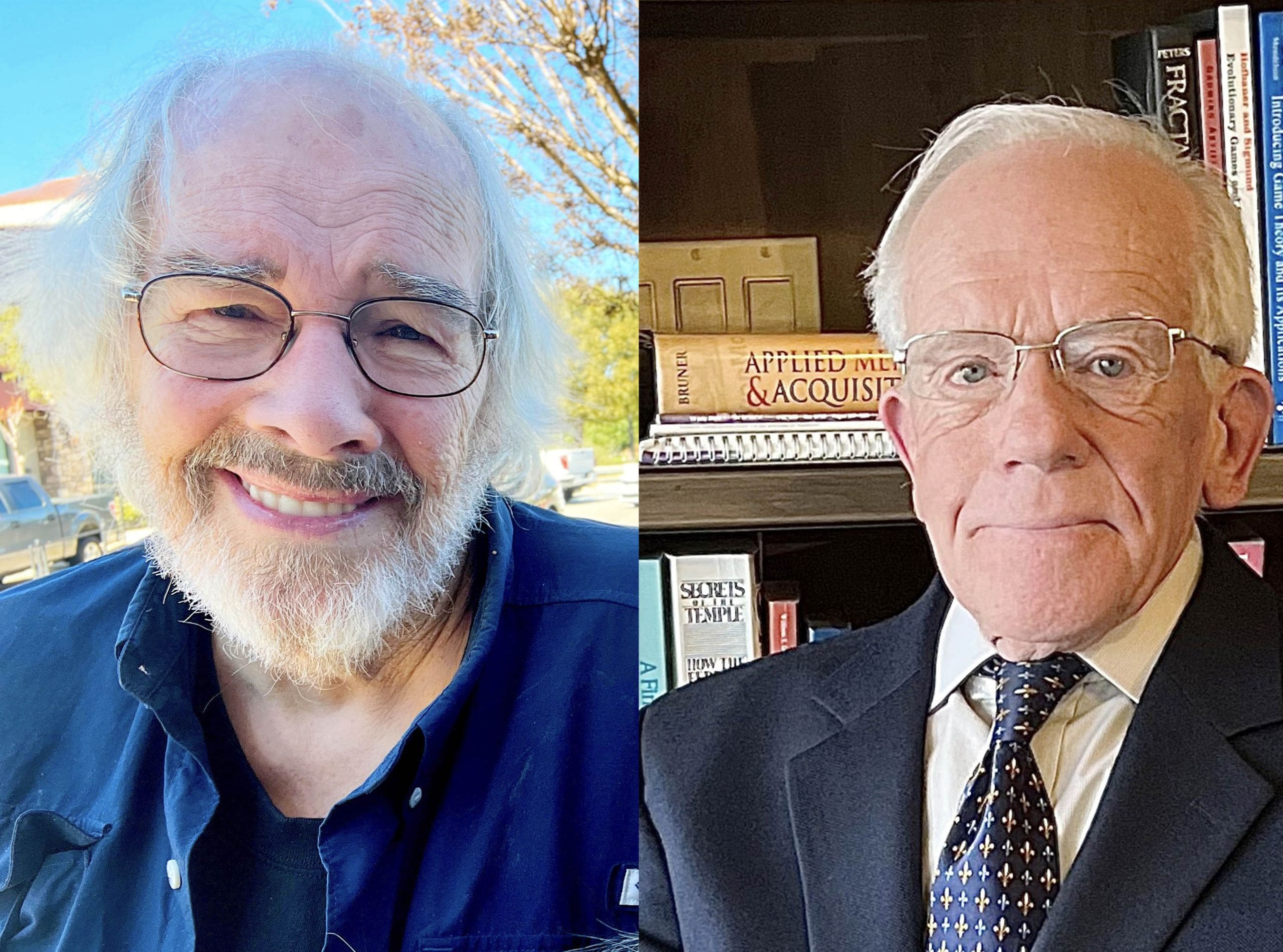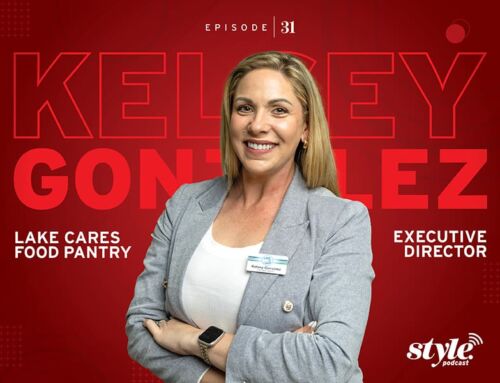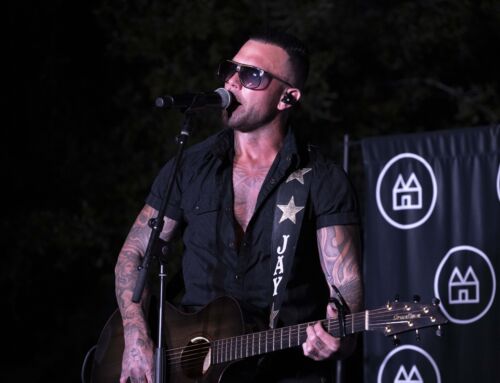May 10, 2024
Jurassic Park Paleontologist and a Molecular Biologist to be Honored at Beacon College

By Cindy Peterson
Jurassic Park Paleontologist and a Molecular Biologist to be Honored at Beacon College

Beacon College will confer honorary doctorates on two national learning disability advocates, Dr. Richard O. Williams and John “Jack” R. Horner, at its Commencement Exercises on Saturday, May 11, at 11 a.m. at the Brownwood Hotel & Spa.
“We are privileged to celebrate the profound influence of Dr. Williams and Mr. Horner with honorary doctorates of humane letters,” said Beacon President George J. Hagerty. “Their contributions on behalf of people with learning differences have been truly transformational. The scope and impact of their work can only be characterized as extraordinary.”
Honorary degrees are awarded by the Board of Trustees of Beacon College and will be conferred by the college president during Commencement Exercises at the Brownwood Hotel & Spa in The Villages starting at 11 a.m. This year, the College will award 94 bachelor’s degrees and 24 associate’s degrees.

John “Jack” R. Horner: After finding his first dinosaur bone when he was eight years old, John “Jack” Horner is now recognized as a world-renowned paleontologist best known for his groundbreaking research on dinosaur growth. In addition to his paleontological discoveries, Horner served as the technical adviser for the first five “Jurassic Park” films and was a partial inspiration for one of the lead characters of the franchise, Dr. Alan Grant.
Aside from his scientific discoveries that transformed the paleontology field, Horner’s life story has the potential to transform the societal understanding of what can be accomplished by neurodivergent people. Despite his struggles through school, he still held tight to his dreams, which he knew he could fulfill if allowed to pave his own path. Horner’s passion for paleontology and expertise in fossil curation eventually landed him a role as a technician at Princeton University’s Natural History Museum. It was there that an assessment finally helped him make sense of his academic struggles: he was dyslexic. But Horner’s learning differences gave him a competitive edge as his innate talent for “thinking outside the box” led to many successful research projects.
In Montana in the mid-1970s, Horner and his research partner discovered the first dinosaur eggs and embryos ever found in the Western Hemisphere. Their findings provided the first-known evidence of nesting and parental care among dinosaurs, establishing Horner’s career. Since then, he has published more than 100 professional papers, eight books (including children’s books) and numerous journal articles. He retired in 2016 from Montana State University and the University’s Museum of the Rockies, where he served as regent’s professor and curator of paleontology, respectively. After his retirement, the MacMillan Foundation honored his work with a multimillion-dollar endowment for the John R. Horner Curator of Paleontology Chair at the museum. Currently, Horner is a lecturer at Chapman University and a research associate at the University of Washington’s Burke Museum.

Richard O. Williams, Ph.D.: A molecular biologist by training, Williams earned his bachelor of arts and a doctor of philosophy in biology from the University of California, Berkeley, and a master of science in finance from George Washington University. He spent 25 years in medical sciences in academia, doing research and teaching at the University of London, the Pasteur Institute in Paris, the University of Karlsruhe in Germany, and the World Health Organization in Africa. He is also the author of 85 peer-reviewed research articles on the molecular genetics and microbiology of infectious diseases. Williams also has managed and consulted for more than 35 years in the startup and development of 15 pre-public biotechnology companies, three of which are listed on NASDAQ.
While his work as a molecular biologist and entrepreneur is impressive, what is truly exceptional about Williams is his devotion to autism research, which has greatly benefited families navigating the journey of learning differences. After his 8-year-old daughter was diagnosed with Asperger’s Syndrome, Williams began reading all that he could find on child development and developmental delays. He knew that long-term success for his daughter was possible if the right setting and school could be found. Beacon College proved to be the perfect fit. In 2002, Williams’ daughter earned her degree in human services from Beacon College.
After her graduation, he was elected to the college’s board of trustees, for which he served from 2002 to 2015, including a decade of distinguished service as chair of the board. As chairman of the board, Williams oversaw the tripling of admissions and full accreditation of Beacon College by the Southern Association of Colleges and Schools, helping the institution become the first college in the nation accredited to award bachelor’s degrees exclusively to students with learning disabilities and ADHD. He also played an integral role in developing new curricula and new degree offerings at the college. After retiring from the Beacon College board, Williams fully devoted his research efforts to exploring various aspects of the autism spectrum, with a special focus on sensory issues.
Originally from the small town of Berryville, Arkansas, Cindy has become a multimedia specialist in journalism, photography, videography, and video editing. She has a B.S. in Communications from the University of Central Arkansas and produces Style Magazine's Sports Hub Podcast and the Healthy Living Podcast. She also produces for Beacon College’s Telly Award-winning PBS show, “A World of Difference.” When she isn’t working, Cindy loves traveling the National Parks with her husband , Ryan, and son, David, photographing wildlife.







































